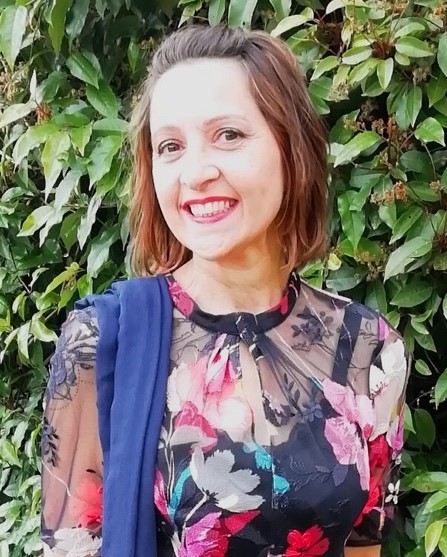timer 5 mins
Learn
favorite 135
Making Research Papers work for Patients
.png) ‘Patients' read papers too!
‘Patients' read papers too!
As much as patients are advised to avoid Dr Google, many of us just can’t get enough of it. We look there for answers during uncertainty when perhaps we don’t want to overwhelm our consultants with our anxieties. Sometimes, it’s where we look for hope.
As a systems analyst, I became curious about cancer as a system and wanted to understand it better. It’s reasonable to expect patients to have a desire to understand their disease and track any new research relating to reducing recurrence risks. I’ve read many research papers since my stage 3 breast cancer diagnosis in March 2017. I wouldn’t like to guess just how many — probably too many — but it has put me in a good position to compare use of terminology, content and layout.
How I Approach the Paper
As a result of so much reading, I’ve become a bit of a “cancer geek” and am getting quite familiar with some of the terminology. It’s still a challenge to fully understand many of the papers, but I’m good at grasping the overall theme. I generally read the abstract and then jump to the results and conclusion to see if this gives enough information. Sometimes it does, but not always. So then I plunge into the murky depths of unchartered territory, trying to make sense of it.
Psychological Burden of Reading Research
When reading cancer papers I have found the terminology to be a psychological challenge. The worst phrases which jump out at me and increase my anxiety are “poor prognosis” or “poor outcomes” or “worst outcomes”. For me, this is because “poor prognosis” relates to the person rather than the disease. It feels more worrisome to read.
I’d like to see terminology which suggests the disease was a “greater challenge” or “more aggressive” or there was “greater disease progression risk”. I’d like to read the disease being discussed rather than the future of the people involved. Although we know large cohort statistics we don’t know individual outcomes and people are individuals.
In my opinion, mortality should only be discussed when presenting retrospective data with known death rates or known recurrence rates. I’m sure many cancer charities have attempted to protect patients from this with carefully worded leaflets but it is naive to assume this is the only source patients will look. If someone goes on holiday, do they only read the brochure provided by the travel company? No, they chat with others who have been there and search for additional information online.
I appreciate researchers have a tough enough task without treading on eggshells around language for patients besides communicating a complex topic to fellow scientists but we cannot pretend research papers will only be read by the intended audience. I wonder if researchers could perhaps consider writing as if their anxious friend, parent, sibling or offspring with cancer might read the paper.

Do Papers need to be quite so ‘Murky’?
As there are many others just like me reading medical research papers, it might make for better if all papers had:
- An abstract which provides a brief summary of the paper, including the most significant findings (it should not simply be a ‘teaser’).
- A well written introduction, striving for clarity, setting the stage, identifying prior work and providing the background for the reader to understand the rest of the paper.
- A well-summarised conclusion, discussing the potential impact of significant findings with no jargon which can be read by patients and journalists.
- A table of contents at the top of the article would aid online navigation and would avoid patients wading into or scrolling past science and mortality language to find the conclusion. Greater clarity and consistency would not only benefit patients but would also help other interested parties like journalists. It would be great if newspapers were required to publish only the official easy-to-understand summary, verbatim, rather than a misinterpretation and potentially sensationalised article.
- A consideration of the patient, by writing it as if their anxious friend, parent, sibling or offspring with cancer might read the paper.
 Nikki Bednall is a breast cancer blogger at Lifeafterlola.com and works as a systems analyst at the University of Nottingham.
Nikki Bednall is a breast cancer blogger at Lifeafterlola.com and works as a systems analyst at the University of Nottingham.

Discussion